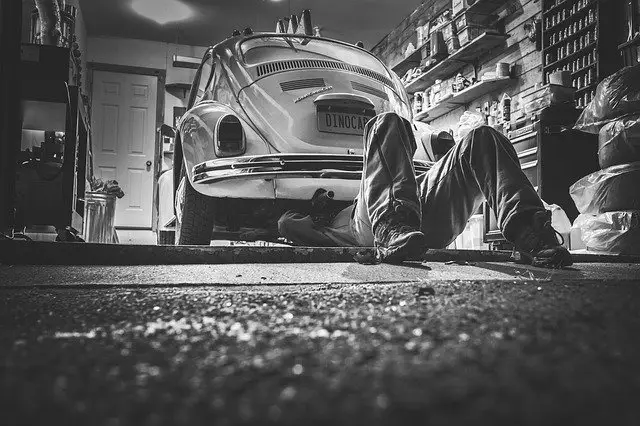While it’s not usual for you not to ask a mechanic to fix your car when it’s not broken, what sometimes happens is the mechanic “fixes” something that isn’t wrong to begin with. Such an example would be if you were to go into the shop to have your alternator replaced, and the mechanic does not only that but also says that you also needed a transmission rebuild without actually needing any transmission work. The idea is to attempt to force you to pay for the exorbitant transmission repair to pad the bill, which the mechanic would then pocket because no additional work was performed. It is also true that if you have a relatively minor repair, such as fixing a stuck AC vent, the mechanic should not perform that work without getting your authorization to do so. our Mechanic Fixed Car Without Permission Guide could have the answers you need.
Mechanic Fixed Car Without Permission – Steps to Take
First, get an official written estimate from the mechanic that details not only what work needs to be done but also the cost for that work so that you can authorize the work or not as you prefer. It’s also wise to have an additional professional peruse the estimate with you. In that way, the other professional can validate what the first person wrote. Mechanics will be less likely to try to scam you if they’ve put everything in writing. It’s easy to fake work that’s just part of a verbal agreement. But, if the mechanic would have to show proof of work completed for which you were billed, then it becomes impossible to prove that the fake work was real.
Written estimates aren’t ironclad, and it’s important for you to know that. The mechanic may discover something else amiss that needs to be addressed. Before you sign an agreement for work to be completed, the official written estimate can be modified. They call them “estimates” for a reason: because they can’t always be 100% accurate before the mechanic begins work. Remember, too, that written estimates include all aspects of the repair: labor, parts, and any disposal fees associated with the defunct parts that have been replaced. For example, you may need to pay an additional fee for the environmentally friendly disposal of your tires.
Forgetting to Put Items Back or Install New Items
In many jurisdictions, forgetting to install stuff counts as unauthorized repairs. As an example, the mechanic neglects to put the oil filter back on your car after completing an oil change. The repair shop would be liable for the cost of an engine replacement when yours seizes very shortly after you left the garage. They’d also be responsible for the labor costs associated with replacing the car’s engine once the new one arrived.
See Also: Someone Took a Picture of my License Plate – Is That Legal?
You Only Get to Dispute Unauthorized Repairs.
Let’s say that you needed that alternator replaced. Further, let’s say that the mechanic does that work but also actually replaces your transmission without checking with you first. You would be allowed to dispute the transmission replacement, but if you disputed the alternator replaced and refused to pay for it, then the mechanic would be able, possibly, to keep your car. The laws regarding this vary by jurisdiction, so it’d be a good idea for you to contact a lawyer before proceeding any further.
Other Steps
If you feel the mechanic fixed your car without permission or has done anything else unauthorized, and the shop is refusing to let your car go, then you should call the police and have them sort it out. You should not try to take the car by force. You also shouldn’t report the car as stolen.
Once the situation has been sorted, if you aren’t truly satisfied with the “sorting,” then you can report the incident to the Better Business Bureau. Always make a good faith effort to sort the situation before reporting it or before calling the police. You’re certainly entitled to have help in sorting it, but be circumspect in getting that help.
When to Call a Lawyer
Feeling wronged? This is a good idea to call a lawyer to protect your interests. A lawyer will be fully versed in the applicable local, state, and federal laws that apply both generally and in your specific instance. They can act on your behalf whether the matter goes to court or not.
They’re bound by the canons of legal ethics. That means they must represent you and your interests to the best of their ability. If a repair shop has done wrong by you, and you feel that you need to take action, it’s wise for you to call the lawyer while the police are on the way after you call them. Your lawyer will be able to mediate not only with the shop but also with the police, any applicable insurance companies, and any other folks or businesses that are involved with the case. Any escalated situation beyond what has already been described will also likely need an attorney to fix. Should you feel as if your mechanic has done something unauthorized, reacted badly to you calling that person out, or similar, and you need help gaining justice for yourself, then calling a lawyer is your best course of action.



